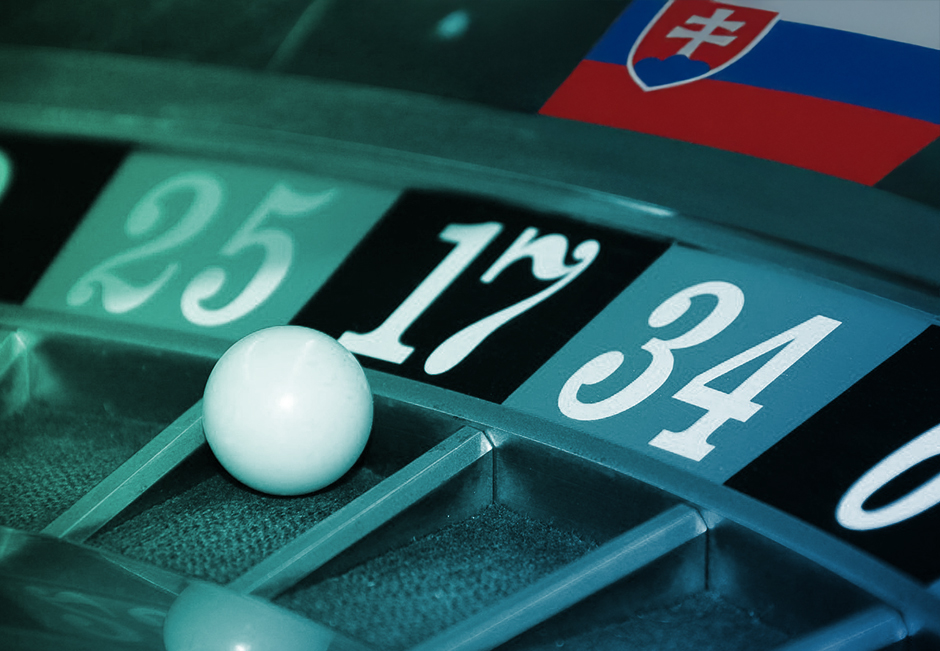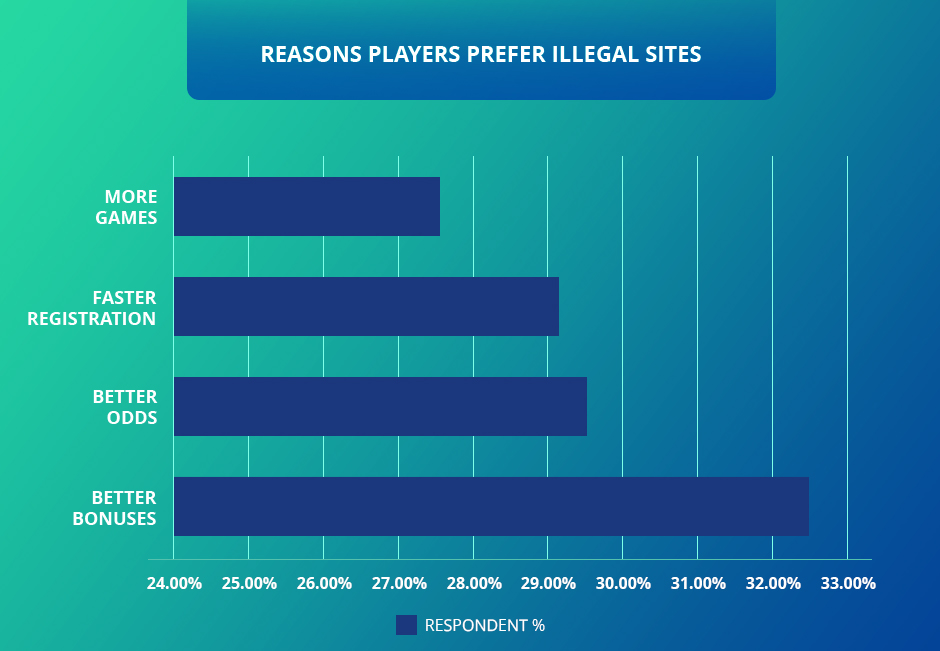
Slovakia’s Black Book on Illegal Gambling

The Institute for Gambling Regulation in Slovakia (IPRHH) has published a detailed report on illegal gambling.
The study, titled The Black Book on Illegal Gambling, focuses on unlicensed online platforms and examines their social impact.
Check out our article to learn more about the report’s findings and how the Slovakian government plans to reduce illegal gambling.
History of Slovakia’s Gambling Laws
Gambling has been legal in Slovakia since 1992, with the first Gambling Act being introduced in 2005. Initially, online games were limited to the national lottery, run by TIPOS. However, an amendment in 2019 legalized all forms of online casino games. Aside from sports betting, this included games like:
- Slots
- Poker
- Live Dealer Games
- Instant Lotteries
Private companies could also apply for licenses to operate in the country, breaking the state’s monopoly. Currently, the country’s Ministry of Finance acts as a regulator. It enforces legislation and licenses operators. Meanwhile, the IPRHH is an independent organization that works alongside regulators to study and prevent the black market threat.
The Black Book’s Findings
The findings outlined in The Black Book on Illegal Gambling showcase how black market operators have affected society and the industry in Slovakia. IPRHH cooperated with the Slovak Academy of Sciences to survey 2,000 people between 18 and 75.
“These sites ignore every safeguard that licensed operators must follow.”
Dávid Lenčéš, IPRHH Executive Director
The IPRHH found that 24.1% of respondents couldn’t determine if a site is illegal, while 43.2% couldn’t assess if an advertisement promoted an unlawful or legal operator. Alarmingly, 13.1% of players admitted they gambled on illegal platforms because they were on the Register of Excluded Persons, which excluded them from legal ones.
Young people were the most affected as streamers promote gambling. Illegal operators do not have identity checks, so it’s also easier for minors to enter.
Rise of Illegal Gambling Sites
The report also outlines some of the reasons respondents gave for why they gamble at illegal operators. Most players prefer the higher bonuses, stating that illegal sites have better game variety and improved odds. The easier registration process is another factor, although players don’t get the same security.

The total annual turnover for online gambling at illegal sites is estimated to be around €600 million per year if we include players who can’t differentiate between legal sites.
The Institute warns that this is lost revenue the country could have used to support healthcare, social programs, and even addiction prevention. That’s why it has also prepared some policy recommendations.
Future Policies
The IPRHH’s suggestions are comprehensive, ranging from regulation to education. While a list for legal sites was established in 2022, the Institute states the government needs to improve efforts in blocking illegal sites. It should also implement a public awareness campaign to teach people about the risks of illicit gambling and introduce school programs for financial literacy.
“If governments dramatically increase taxes on licensed operators, they risk pushing players further into the illegal market. Regulation should protect the public, not unintentionally support criminal ecosystems.”
Dávid Lenčéš, IPRHH Executive Director
Lenčéš warns against increasing taxes too much, but also suggests that the government can use the markers of harm system to detect players at risk of addiction and monitor social media. Unreasonable bank fees for legal account deposits should be eliminated, while banks and payment processors should be obligated to block transactions to illegal sites.
Conclusion
The Black Book on Illegal Gambling has provided valuable insight into the illegal side of Slovakia’s industry. It highlights some concerning trends, such as players being unable to identify legal sites, but also offers solutions like improving block systems. We hope the government will be able to implement the policy changes effectively.

